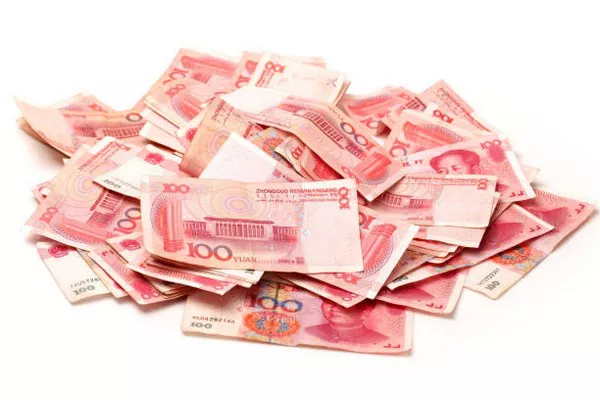The Hang Seng Index fell by 297 points, or 1.65 percent, ending at 17,691 points yesterday, pressured by declines in technology and property sectors. The Shanghai Composite Index also decreased by 1.1 percent.
Major tech companies experienced losses, with Alibaba (9988) dropping 2.4 percent and Tencent (0700) falling 1.1 percent. Local real estate developer New World Development (0017) saw a dramatic 13 percent decline following its forecast of a net loss up to HK$20 billion for the fiscal year ending in June. Other Hong Kong property developers were similarly affected, with Sun Hung Kai Properties (0016) losing 2.5 percent.
Mainland property firms faced significant selloffs, with China Vanke (2202) declining 5.8 percent—its largest drop in approximately six weeks—after reporting its first loss in two decades.
In market developments, Hong Kong’s bourse introduced weekly options on the Hang Seng Tech Index, which includes stocks like Alibaba and JD.com (9618) also listed in the US. This move aims to enhance market liquidity and trading activity, following a global trend towards expanding derivatives offerings. Hong Kong Exchanges & Clearing (0388) reported that futures and options trading has increased over the past three years, with outstanding contracts reaching a record 14.3 million.
Eugene Hsiao, head of China equity strategy at Macquarie Capital, stated that the new Hang Seng Tech weekly options should improve market liquidity and offer investors greater tactical flexibility for risk management. “This is a positive step for better price discovery and short-term event-based trading,” he noted.
In financial markets, the onshore yuan depreciated by 234 basis points to 7.1115 against the US dollar, following the central bank’s setting of the midpoint rate at a three-month high.
In commodity markets, oil prices continued to drop from last week due to expectations of increased OPEC+ production in October and concerns over weak demand growth in China and the United States.


